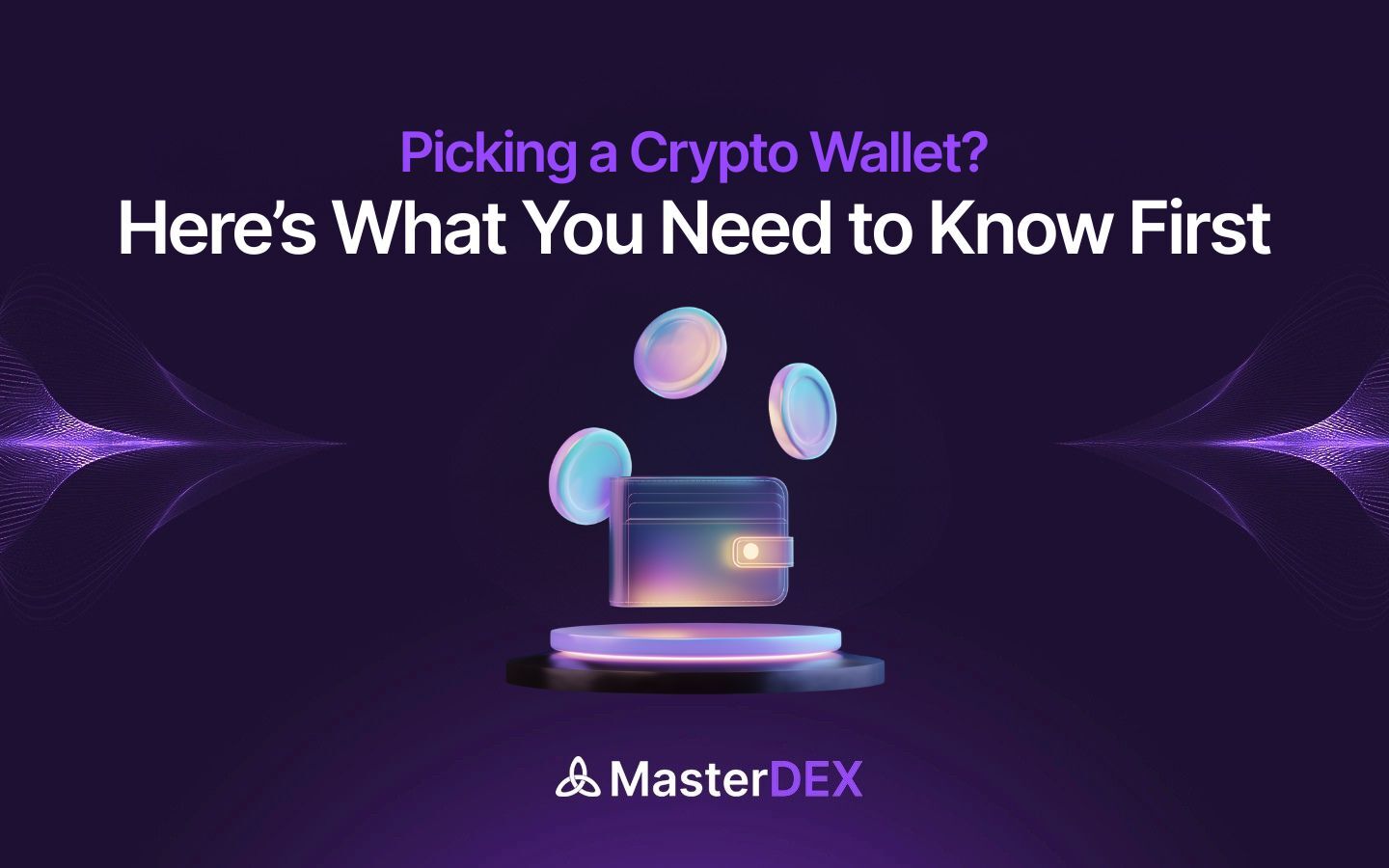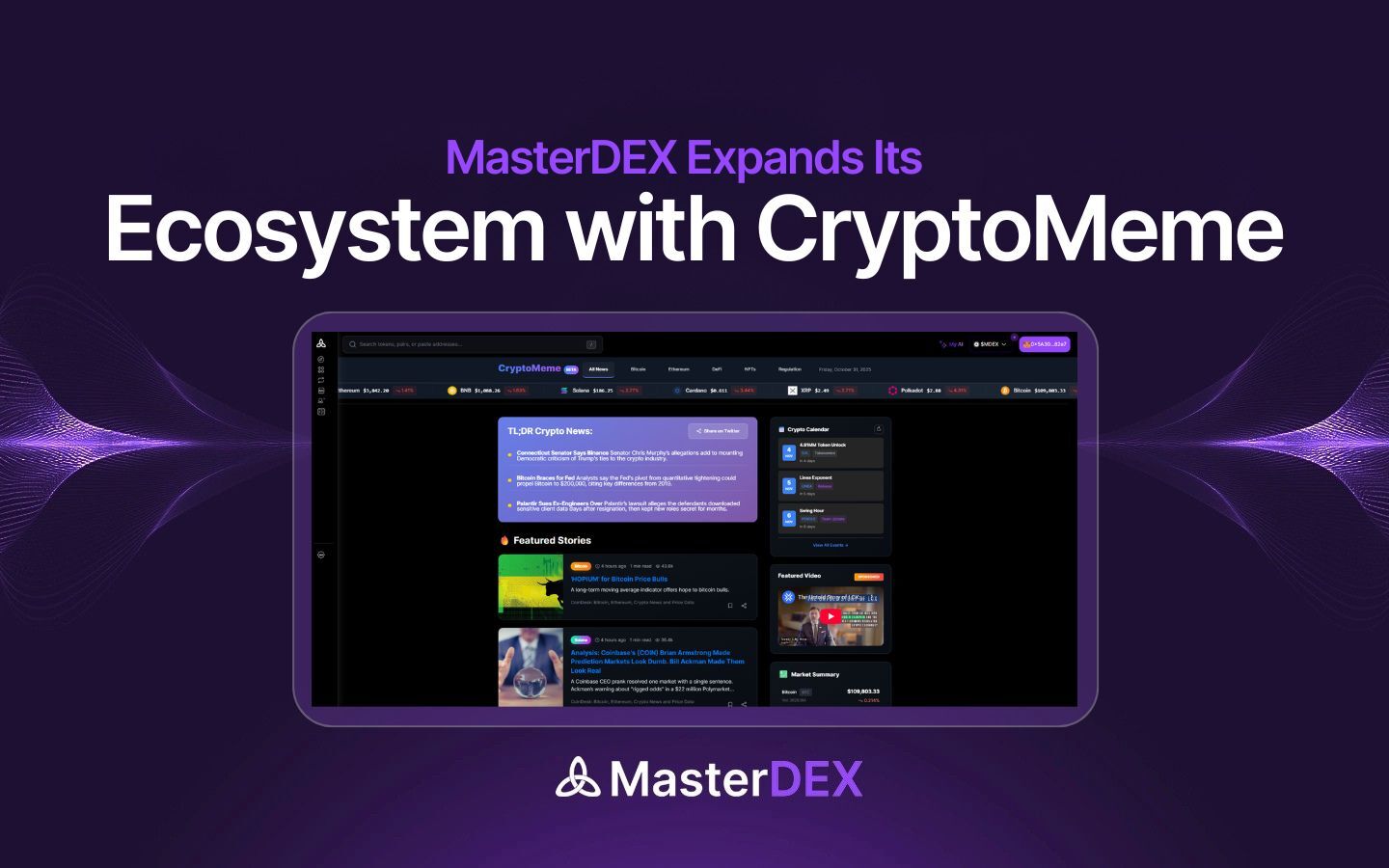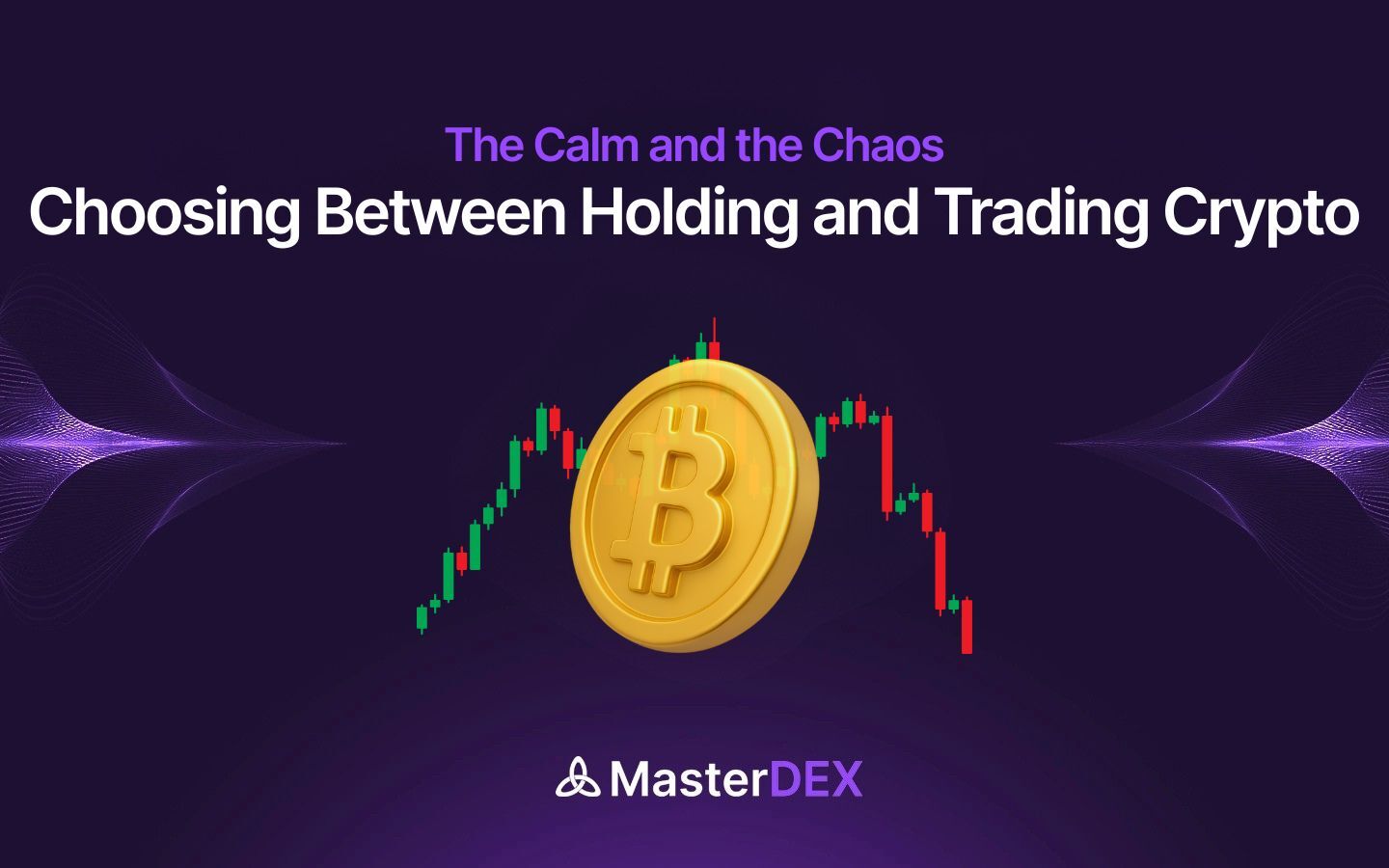Table of Contents:
ToggleIntroduction
The world of digital assets moves fast, and managing them safely is more important than ever. Whether you trade daily or hold for the long term, your crypto wallet is the foundation of your security and control.
But with so many wallets available, such as hardware, mobile, web, and decentralized -how do you choose the one that fits your needs best?
Let’s break down the most important things to consider when choosing a crypto wallet.
Understanding the Types of Crypto Wallets
Before comparing features, it’s essential to know the main categories of crypto wallets and how they differ.
Hot Wallets
Hot wallets are connected to the internet. They include browser extensions, mobile apps, and desktop applications.
- Pros: Fast access, convenient for trading or interacting with decentralized apps (DApps).
- Cons: More vulnerable to hacks or phishing since they’re online.
Cold Wallets
Cold wallets remain offline — think hardware devices or even paper wallets.
- Pros: Excellent for long-term storage and security.
- Cons: Less convenient for frequent transactions or DeFi participation.
Custodial vs. Non-Custodial
- Custodial wallets are managed by a third party (like an exchange). They hold your private keys — easy to use but you don’t truly control your assets.
- Non-custodial wallets give you full control of private keys and, therefore, full ownership of your crypto.
Security: Your First Priority
No matter your experience level, security should come first.
Here are the main security features to evaluate before trusting any wallet:
- Private Key Control: You should be the only one with access to your private keys or recovery phrase. “Not your keys, not your crypto” still holds true.
- Backup & Recovery: Ensure the wallet supports secure seed phrases, backup files, or multi-signature recovery options.
- Open-Source Code: Open-source wallets allow the community to audit the code and spot vulnerabilities faster.
- Regular Updates: Frequent software updates show the developers are active and improving security.
- Two-Factor Authentication (2FA): Adds an extra layer of protection against unauthorized access.
Pro tip: Always test your recovery process before storing large amounts of crypto.
Compatibility & Supported Assets
Different wallets support different blockchains and tokens.
- Multi-chain wallets let you manage various cryptocurrencies (Bitcoin, Ethereum, Solana, etc.) from one interface.
- Single-chain wallets are optimized for one ecosystem but often provide deeper integration and specialized tools.
Also, check if the wallet supports token standards like ERC-20, BEP-20, or Polygon tokens, depending on your trading or DeFi preferences.
If you plan to use NFTs or layer-2 networks, confirm compatibility before transferring funds.
User Experience & Accessibility
A wallet’s interface and usability can make or break your experience.
Look for:
- Clear, intuitive design: Managing assets and transactions should be straightforward.
- Cross-platform access: Some wallets sync between mobile and desktop, which helps if you trade across devices.
- Language and regional support: Important if you need customer assistance or documentation.
- Recovery simplicity: Even a secure wallet isn’t useful if the recovery process is confusing.
For intermediate users, balance simplicity with advanced tools like transaction previews, fee control, and multi-account management.
Integration with DeFi & Web3 Ecosystems
As the DeFi ecosystem expands, your wallet’s ability to connect with decentralized platforms matters more than ever.
Modern crypto wallets often integrate directly with Web3 protocols, enabling you to:
- Swap tokens
- Provide liquidity
- Stake assets
- Access NFTs and yield platforms
Look for WalletConnect or similar features that allow your wallet to interact safely with decentralized applications.
For instance, wallets integrated with platforms like MasterDEX let users trade, stake, and manage liquidity directly from their wallets, bridging convenience with full control.
This kind of interoperability defines the next generation of crypto wallets.
Reputation, Transparency & Maintenance
Trust is a big factor when dealing with digital assets.
Before committing to any wallet:
- Research the development team. Are they transparent and active in the community?
- Check update frequency. Regular updates mean the product is well-maintained.
- Read user feedback. Forums, Reddit threads, and app reviews often reveal real user experiences.
- Look for independent audits. Especially important for wallets that hold significant assets or interact with smart contracts.
A wallet with an established community and open communication channels is usually more reliable than one with minimal online presence.
Cost, Fees & Long-Term Value
Some wallets are free to download, others, like hardware wallets, require an upfront cost. But even free wallets can include hidden costs through transaction or network fees.
Consider:
- Hardware pricing: Reputable hardware wallets range between $50–$200.
- Network fees: Determined by blockchain congestion, not the wallet itself, but some wallets optimize fees automatically.
- Exchange integrations: Some wallets offer built-in swaps with small spreads; compare rates before using.
Remember that paying a bit more for stronger security or convenience is often worth it in the long run.
Backup, Recovery & Inheritance Planning
Crypto ownership also means responsibility. If you lose your private keys or recovery phrase, your funds are gone permanently.
When evaluating wallets:
- Ensure the backup and restore process is easy to perform and securely stored.
- Consider multi-signature or shared recovery options for added protection.
- Think about digital inheritance, how trusted family members or executors could access funds if needed.
As your crypto portfolio grows, a structured backup and inheritance plan becomes just as important as your investment strategy.
Conclusion
Choosing the right crypto wallet isn’t about finding the “best” one — it’s about finding the right fit for your habits, assets, and security preferences.
- Hot wallets offer flexibility and quick access.
- Cold wallets deliver unmatched security for long-term storage.
- Non-custodial wallets give you total control with responsibility attached.
Evaluate each option carefully, prioritizing security, compatibility, and usability.
In the end, the ideal wallet helps you manage your crypto with confidence, giving you control of your assets, your privacy, and your peace of mind.


